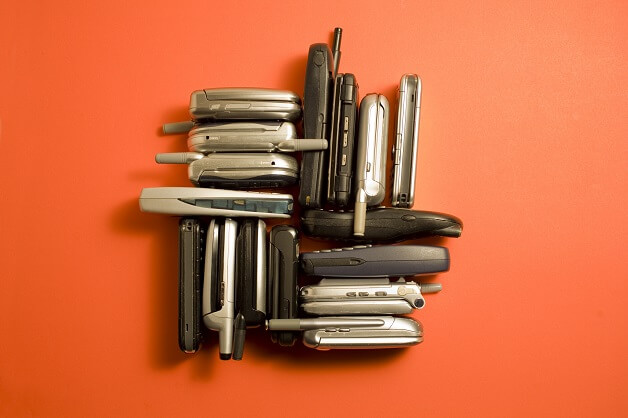Melody Stoops’s TCPA-claim business just took a hit. Here’s how she built her scheme, and what went wrong, according to the recent decision in Stoops v. Wells Fargo Bank.
Stoops knew that the federal Telephone Consumer Protection Act (“TCPA”) prohibits companies from using certain automated equipment to place non-emergency calls or text messages to cell phones without the prior express consent of the called parties. And she knew that the TCPA provides that an individual who receives calls or text messages in violation of this prohibition can recover a minimum of $500 per call/text, and up to $1,500 per call/text for willful or knowing violations. To cash in, she first needed to receive those calls, so she bought about 40 pre-paid cell phones to serve as a dragnet for them. To improve the odds that somebody would call her, she took an interesting step: when she registered the phones, she chose telephone numbers that were associated with a poverty-stricken ZIP code in Florida. Why? In her words, because that’s where people “would be usually defaulting on their loans or their credit cards.” She hoped that some of her new numbers would have been re-assigned from those debtors. She predicted that their creditors would mistakenly call her to collect the debts, not knowing that the numbers had been reassigned. She was right, and business was good. She carried the phones around in a shoebox and kept a log of the calls she received, churning out at least 20 pre-litigation demand letters. By her count, she filed at least eleven TCPA cases.
But then Wells Fargo fought back and had the good luck to be litigating the case when the United States Supreme Court issued its decision in Spokeo v. Robins. In Spokeo, the Supreme Court held that a person does not have standing to sue in federal court based on a mere technical violation of a statutory right if the violation did not cause actual, concrete injury.
Following Spokeo, the court in Stoops v. Wells Fargo Bank found that Stoops had not suffered this sort of injury, and it dismissed her case. The Stoops court found that the TCPA was enacted to protect consumers against nuisance calls and the invasion of privacy they inflict. The court held as follows (internal citations omitted):
Because Plaintiff has admitted that her only purpose in using her cell phones is to file TCPA lawsuits, the calls are not “a nuisance and an invasion of privacy.” Thus, Plaintiff was not required to “tend to unwanted calls,” and the calls did not constitute “the nuisance, invasion of privacy, cost, and inconvenience” from which Congress intended to protect consumers. The Court therefore must reject Plaintiff’s argument that she suffered an injury-in-fact because her privacy interests were violated.
This decision strikes a blow against serial TCPA claimants who lie in wait for TCPA-violative calls or text messages, and a heavier blow against those whose business model involves opting in to calls/texts, receiving the very calls/texts they requested, and then threatening to sue based on alleged TCPA imperfections in the opt-in process.


